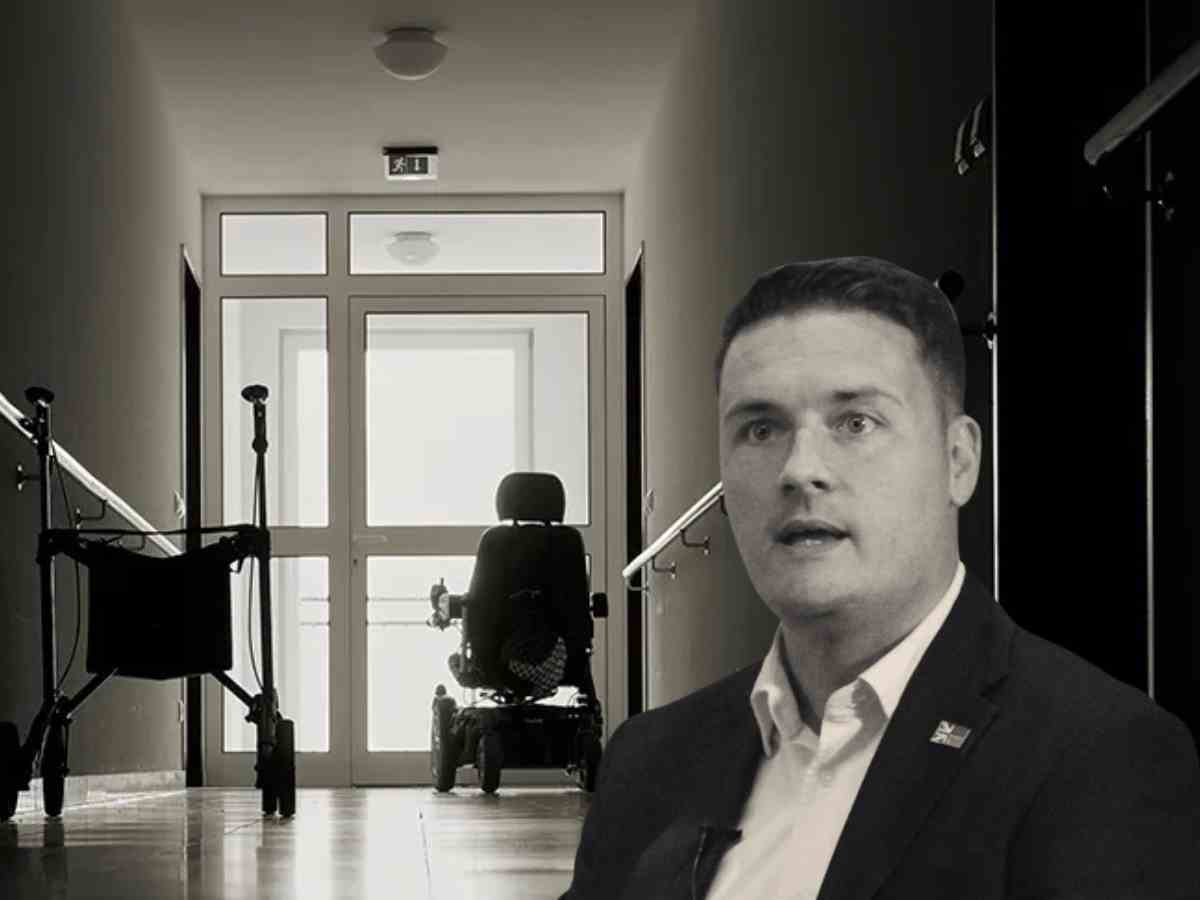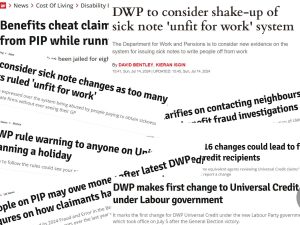Nearly all both adult and child care homes that regulators close are profit driven, according to an Oxford University study.
The research brought Labour Party prime minister Keir Starmer and health secretary Wes Streeting’s policies into serious question. In particular the increased private provision of NHS services and their maintenance of the privatised adult and social care system.
Profiteering care home firms shut down
Between 2011 to 2023, 98% (804 out of 816) of the adult care homes that the Care Quality Commission (CQC) closed were run for profit. Local authorities or charities ran the other 12 homes.
It’s a similar story for the child care homes that Ofsted closed. From 2014-2023, 91% (48 out of 53) of children’s homes closed in England were profit driven. Charities or local authorities ran just five.
Co-author of the research Ben Goodair said forced closures were because of highly significant failures:
Forced closures are a last-resort intervention with severe consequences for residents. These closures often involve instances of severe neglect or abuse.
As usual, charities cannot nearly rectify what could be regarded as a large systemic failure from neoliberal governments.
Since Margaret Thatcher’s National Health Service and Community Care Act in 1990, successive governments have increasingly privatised adult social care through outsourcing. And since 2010, when the Conservative-Lib Dem coalition came to power, the government has privatised most of child social care.
This followed a green paper from Tony Blair in 2006, proposing such privatisation.
Despite the heavy use of private provision, the research still demonstrates that a disproportionate number of for-profit firms were closed. During the periods the study examined, for-profit providers ran 82% of adult social care homes and 79% of children’s.
Private firms deliver lower quality care
Additionally, the findings show that care homes run for profit generally perform worse than those ran for public good. Private firms have a significantly lower frequency of ‘good’ or ‘outstanding’ ratings from regulators.
For adult social care, for-profit firms ran services that received between 52% and 64% of ‘good’ or ‘outstanding’ ratings from the period of 2016-2021.
By contrast, public provision of adult social care achieved between 66% and 80% of ‘good’ or ‘outstanding’ ratings over the same period.
This means a low quality service by local authority standards is still better than a high quality service by private sector standards.
When it comes to child social care, public provision of services also consistently outperforms the private sector, albeit to a lesser degree.
The 15 largest child care providers are making profits of 22.6% through providing a worse service for children. They hire fewer staff than local authorities and, like private firms within the NHS, cherry pick the profitable cases. This is shown in a now-deleted government review.
Commenting on the latest findings from Oxford University, Keep Our NHS Public co-chairman Dr John Puntis said:
Competition generated by the market in social care has not only led to a fall in quality but many instances of market failure, with homes suddenly closing. In addition, there has been deregulation and casualisation of care staff. Currently, £1.5 billion is taken out of the care sector each year in returns to shareholders and investors.
These recent findings in relation to forced closures were therefore predictable, rather than surprising.
With a government now bent on turning to the private sector for healthcare, the lesson could not be more clear — profit-driven providers are expert at extracting value from the public purse but terrible both at providing good-quality care for those in need and for valuing staff
Featured image via Social Care Institute for Excellence (SCIE) – YouTube




